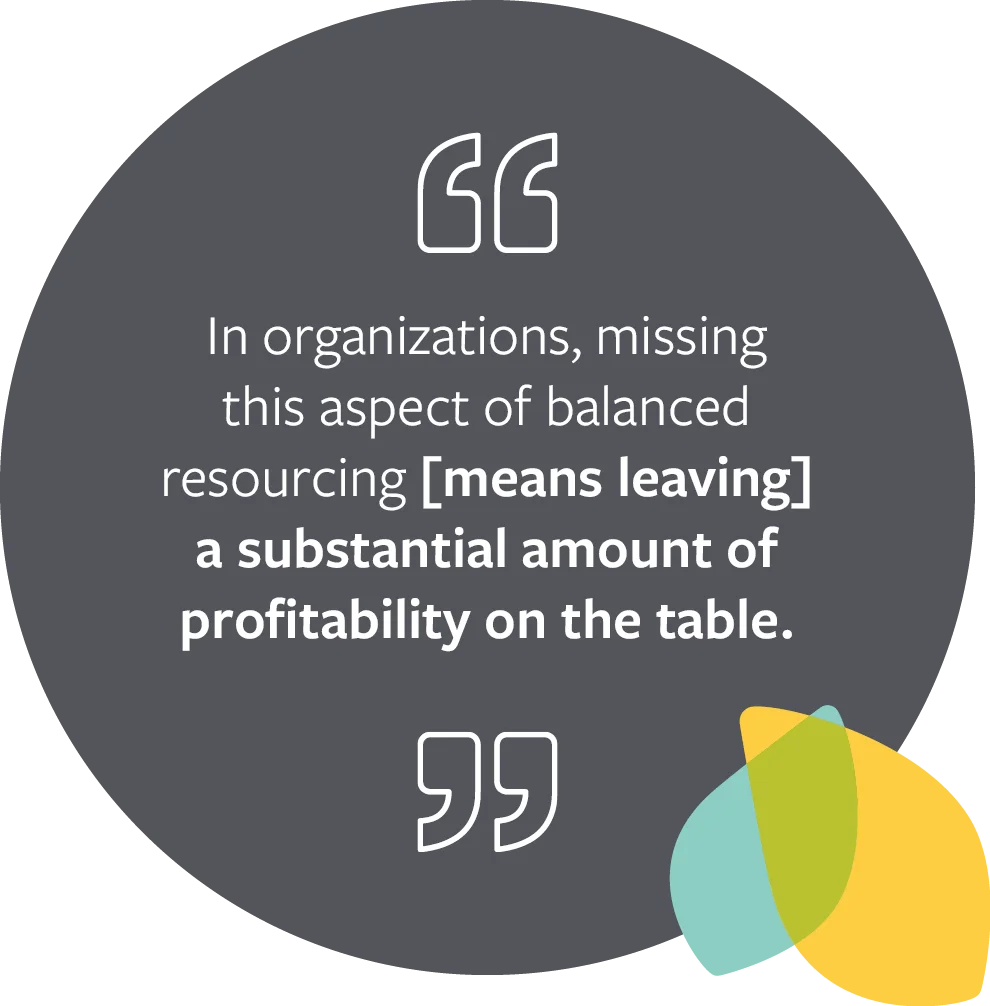In our last article, we discovered how passions provide breakthrough moments that allow CEOs to redefine what they are capable of in life and business. Michael Gottdenker, CEO of Hargray Communications Group, has not only turned his passion for flight into ongoing personal development, but also he applies the art of piloting in extraordinary ways to become a high-performing CEO. At Transcend, we know that business transformation starts at the top with the people who lead. Through the lens of a pilot, we learned what business transformation may look like from 45,000 feet.
Training is a way of being, not an event.
There are multiple dimensions in the benefits to owning one’s own private jet, much less piloting it. Michael’s CEO reach is not bound by schedules or distance. Piloting allows him the ability to work from any location and recruit top talent with meaningful face-to-face interactions. But for Michael, there are enhancements to his leadership beyond the logistics he has carried with him from flight to businessman. Michael states, “I have borrowed so much from flight training. Recurrent training has redefined how I interpret the meaning of training.” Michael describes the value in revisiting training, much like a pilot is required to do, as preservation of critical knowledge over time. He has implemented recurrent training for his colleagues to ensure they are well-apprised in an ever-changing and evolving industry. Recurrent training allows his team to avoid complacencies that result in losses for the business. To Michael, a robust training mindset in business is not nice to have, it’s a nonnegotiable. He explained it resembles the training you need when you have a “new airplane or new system,” and how being properly trained to fly the new airplane helps prevent avoidable mistakes.
Positive Exchange of Control Is Foundational to Service.
In a time of fast-paced and continual information overload, it is easy to fall into traps of communication errors. Michael stated, “99% of customer challenges in our business can be traced back to a lack of Positive Exchange of Control.” The essence of Positive Exchange of Control (PEOC) is when a pilot or co-pilot hands the control of the airplane to the adjacent pilot with the words “your airplane.” In return, the pilot gaining control states, “my airplane.” With this clear form of acknowledgement, each pilot is reassured of who has primary control of the aircraft. Often in business, communication falls through the cracks, resulting in weak processes, decreased employee engagement, and poor customer service. Michael uses the PEOC analogy to establish the expectation that employees provide acknowledgement and own their tasks or piece of the process. “Sending an email to transfer a customer in need isn’t a Positive Exchange of Control. PEOC only occurs when the receiver acknowledges that they ‘have the baton’ and informs of their pending actions. Without acknowledgement, the customer still belongs to the sender.”

Decision making belongs to the experts.
“The art of management is gathering information, asking questions that expand situational awareness, and knowing when to make or empower a decision. This concept applies to flying and being a good CEO.” As a pilot, Michael doesn’t make all the decisions. He relies on air traffic control, mechanics, and navigation systems to inform and make decisions, while he focuses on flying the airplane. Similarly, regarding business Michael empowers employees to make as many decisions as possible within their scope. “I let others do what they’re good at.” Through trust, Michael can focus on the horizon and anticipate business needs and risks. In the rare instances when Michael is forced to make tough decisions involving risk and ethics, he strongly leans on his pilot training. “If you ever have to ask if you should be in the air or be on the ground, stay on the ground. The question itself informs that you should not be flying. The same thought process can be applied to making decisions in a business setting: if you have to ask whether a decision is ethical or if you have the tactical ability to manage the risk, you probably shouldn’t do it.” Michael has invested time into creating a culture of execution through careful communication, empowering decision making, and creating transparency at all levels. The autonomy within Hargray Communications Group radiates through a thriving environment of intentionality and growth.
Your resources are your fuel.
In piston airplane engines, lean fuel mixtures burn hotter than rich fuel mixtures, and can cause the engine to overheat. However, fuel that is too rich can gum up the engine. Michael explained a piston airplane engine will operate best when there is a perfect blend of fuel. Similarly, in business, Michael resources his organization with a balance between lean and rich. He explained that when resources are too lean, teams can be overworked, leading to burn out. When overstaffed, processes become convoluted, staff become disengaged, and production slows. In organizations missing this aspect of balanced resourcing, they leave a substantial amount of profitability on the table. It is an unending executive leadership responsibility to ensure the long-term strategy and real time business needs come to life through the talents of people. As we like to put it, Michael’s talent management strategy of balance ensures the right people are in the right places and are supported in the right ways.


Rely on the fundamentals of piloting: Aviate, Navigate, Communicate.
Michael respects and replicates the fundamentals of piloting in his business. As a pilot they are: Aviate, Navigate, Communicate. In other words, fly the airplane, know where you’re going, and then communicate crisp, necessary information to air traffic control. When we asked Michael what his pilot training teaches about panic, Michael said, “there is no such thing.” He explained pilots cannot overreact, but rather focus on flying the airplane while gathering more information. Fundamentals for a pilot do not change from crisis to smooth flight. “[In flight] always be thinking and planning for what can go wrong and monitor the systems.” In business, a CEO never stops ‘flying the airplane’ by anticipating what can go wrong, anticipating opportunities, and keeping an eye on the gauges that matter most. Piloting is a highly precise profession and passion. To do it well, one must understand where they are going and what it will take to get there. At Transcend, navigating means being a visionary leader who has a dynamic strategy that sets a clear course, and creates predictable weigh points (benchmarks). Only then can masterful communication of the company’s direction take place. It is easy to ineffectively communicate, over communicate, or communicate too early. In critical moments, premature communication devastates organizations just like it does for pilots. “Tragedies happen when pilots operate out of order.” The same is true for executives.
Elite Performance Requires Continuous Review.
We asked Michael what he experiences after a flight while he is putting his checklist and airplane away. “Two things: The first is a sense of satisfaction and accomplishment of another successful mission. The second is always asking myself, ‘what could have I done better?’ There’s not a single flight in my mind that I couldn’t have done better. This question is automatic. It is subconscious.” For Michael, reflection is a natural part of his process in all areas of life. He says, “CEO work is not a destination.” We have a similar belief at Transcend; we relate elite CEOs to elite athletes. They both share an endless pursuit of performance by leveraging all external resources available to win. There is an innate dedication to transforming into better versions of themselves, personally and professionally. Actively applying lessons from a passion in business and life is one of many important tools in the pursuit of executive excellence.
More about Michael Gottdenker:


Michael Gottdenker is Chairman and Chief Executive Officer of Hargray Holdings, LLC, a regional telecommunications service provider based in Hilton Head South Carolina, serving communities throughout the southeastern United States.
Prior to joining Hargray in 2007, Mr. Gottdenker served as Chairman and Chief Executive Officer of Access Spectrum, LLC, an FCC-licensed wireless spectrum manager; President and Chief Executive Officer and as a Board member of Commonwealth Telephone Enterprises, Inc., a Pennsylvania-based provider of local telephone and data services; senior executive at Revlon Consumer Products Corporation; and investment banker in the Corporate Finance and Real Estate Finance departments of Salomon Brothers Inc. He has also served on the Boards of NTELOS Holdings Corp.; Global Energy Decisions, LLC; and Viziqor Holdings, Inc.
Mr. Gottdenker has been active in a number of philanthropic and professional organizations, including having served as Chair of the Board of Georgetown Day School, as a Trustee and on the Executive Committee of Wilkes University, and as a member of the Washington DC Chapter of Young Presidents’ Organization where he served as Chair of the Executive Committee. He currently serves as a volunteer pilot for Veterans Airlift Command, which provides free air transportation to post-9/11 combat wounded veterans and their families for medical and other compassionate purposes through a national network of volunteer aircraft owners and pilots.
Mr. Gottdenker received a BA degree in Economics and Computer Science from Columbia University. He is married with three children and is an instrument-rated private pilot.

